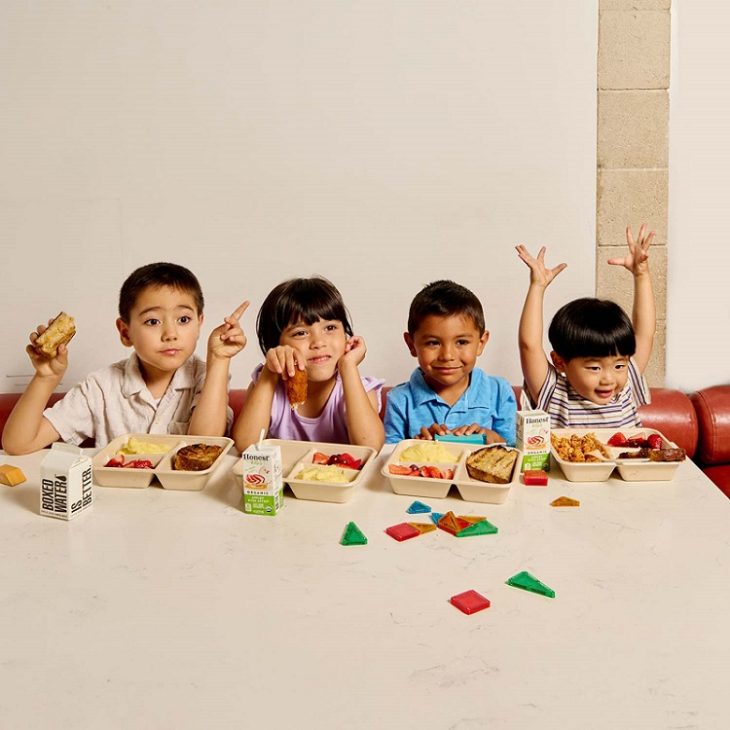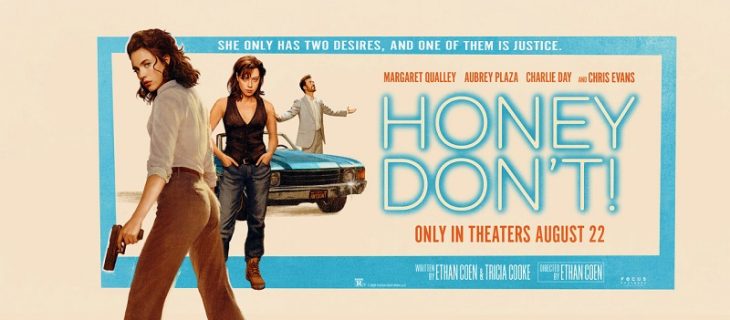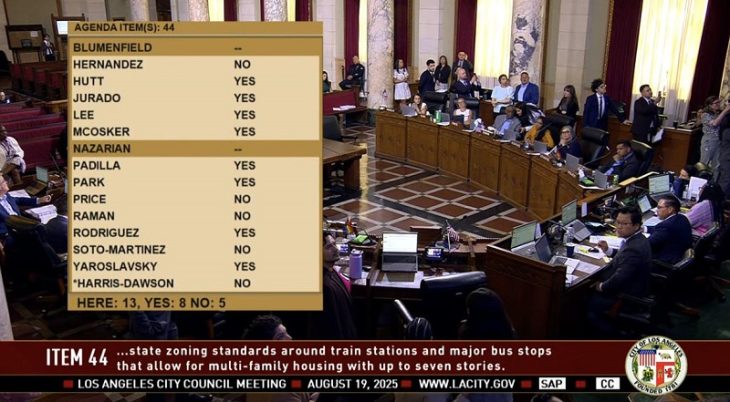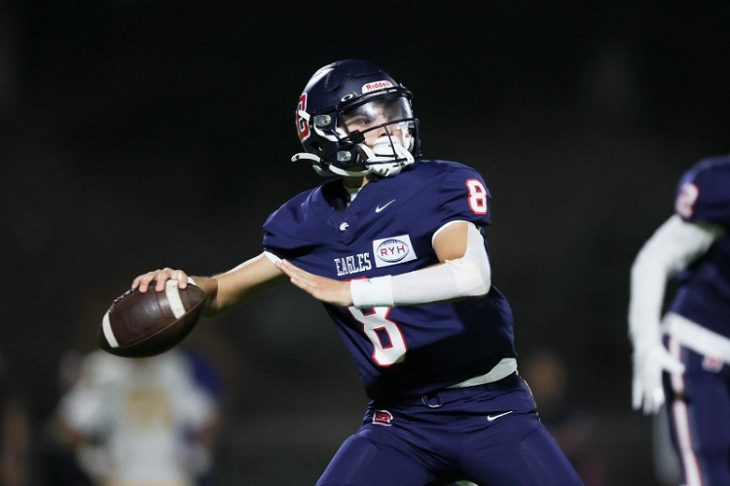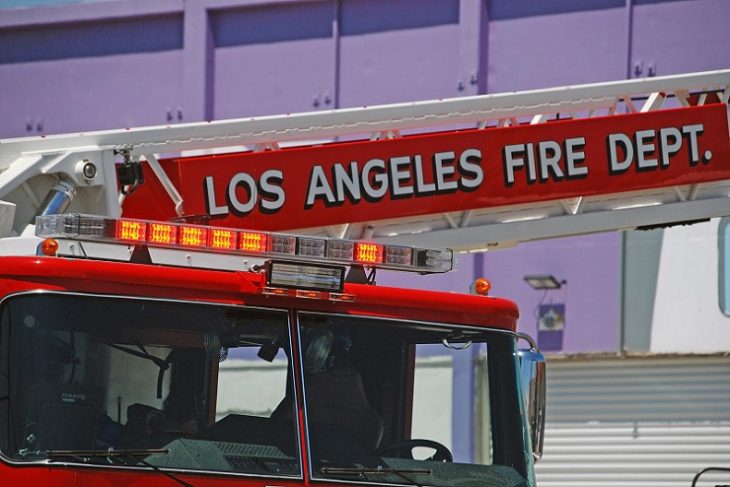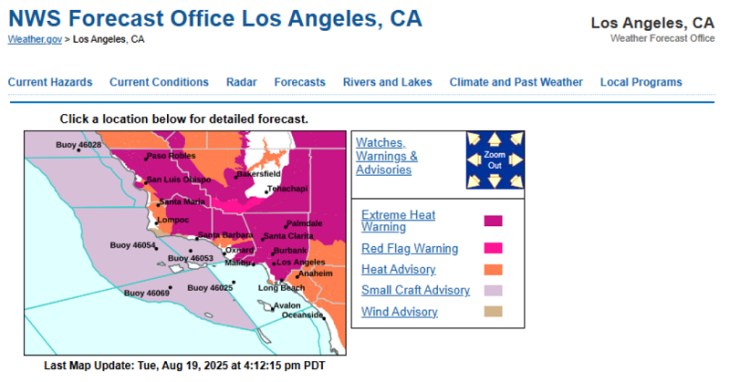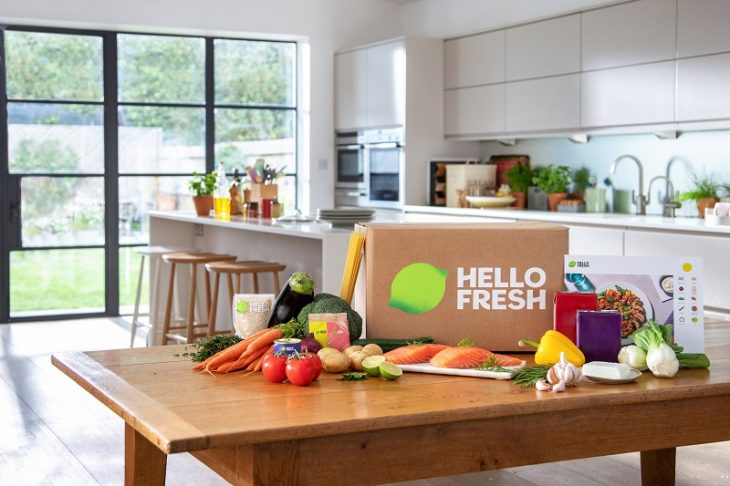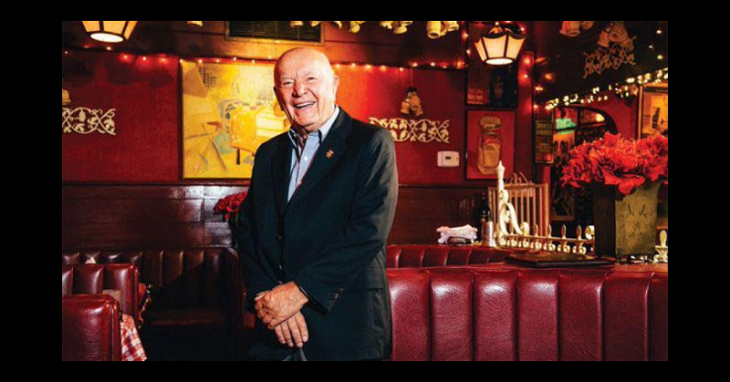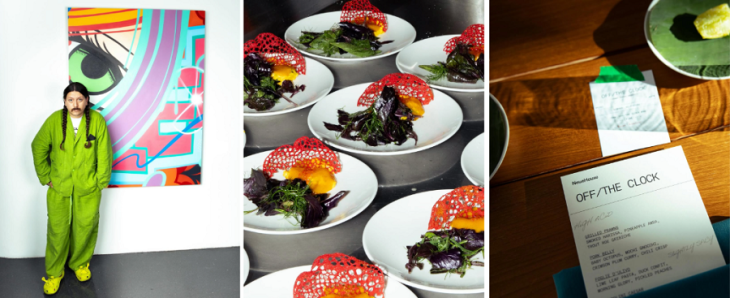In January, February and early March, the UCLA Library will present dozens of virtual events — from research and data science workshops to lectures and film screenings — to lead students, faculty, staff and other researchers in accessing the library’s resources and advancing knowledge.
Featured events include “UC Love Data Week,” with UCLA librarians and staff leading workshops on topics ranging from data cleaning to ethical considerations in data; “Presentation Strategies and Tools,” which offers tips on creating engaging presentations to connect with an audience; “Library Carpentry,” providing introductions to languages and systems used in programming; and other workshops focusing on how to stay on track remotely, develop a research plan, find sources and use Excel for research.
Other program highlights include “Radical Publishing in CDMX,” a speaker series highlighting creative bibliographic research and practice in Mexico City, and “Virtual Screening Room,” a series of films, television shows and newsreels presented by the UCLA Film & Television Archive, a division of UCLA Library.
Most events are free, and most are open to the public. For more details and a complete listing of events, see the UCLA Library calendar.
UC Love Data Week workshops
Feb. 8–12: UCLA Library staff and librarians are among the presenters sharing their expertise during UC Love Data Week. Focusing on data access, management, security, sharing and preservation, the workshops are open to all members of the University of California community.
Research workshops
Jan. 21: Learn tools and tips for being a successful remote student at Remote Control: Staying on Track. Free presentation, project management and productivity apps will be demonstrated.
Jan. 21: At Network Analysis With Gephi, analyze relationships in social media using open-source software. Explore core concepts and how to employ Gephi for network visualization and analysis.
Jan. 21: There is more to online searches than Google. Learn effective search strategies at Finding Sources at the UCLA Library and explore the best sources for locating needed information.
Jan. 22: At Library Carpentry: Unix Shell, participants will learn fundamental skills for working with operating systems through a command-line interface. Beginners will leave understanding how the shell can help automate complex tasks and how to write shell scripts.
Jan. 28: Intro to Oral History Research and Resources will introduce the field of oral history, oral history research and how to locate oral history resources at UCLA and beyond.
Jan. 28: Questions about citing sources and plagiarism will be answered at Collecting and Citing Sources. Learn how to track sources and auto-generate your bibliography to avoid problems down the road.
Jan. 29: Discover the version control system programmers use to track and manage changes at Library Carpentry: Intro to Git/GitHub. Topics will include recognizing why version control is useful and creating repositories with Git and GitHub.
Feb. 4: Create engaging and compelling presentations after attending Presentation Strategies and Tools, where the focus will be on how best to connect with your audience.
Feb. 4: At Writing a Literature Review, participants will learn strategies for organizing their research in a clear and compelling literature review.
Feb. 5, 18: Explore relational database systems at Library Carpentry: SQL. Objectives include understanding the programming language SQL and how to use it to query and filter databases.
Feb. 8: A Gentle and Friendly Introduction to APIs introduces participants to using an application programming interface, or API, to gather data, along with basic functionality and terminology. Presented as part of UC Love Data Week.
Feb. 9: Practice and sharpen data skills at Tidy Tuesday: Open Lab for Data Cleaning. Participants are welcome to bring their own data or work on collaborative projects in a semi-structured format open to users working in R, Python or other programming languages. Presented as part of UC Love Data Week.
Feb. 9: Join an open discussion hosted by data librarians at Ethical Considerations in Data. The interactive workshop will focus on case studies of participant data privacy, algorithmic bias and social justice components of research, with suggestions for related resources. Presented as part of UC Love Data Week.
Feb. 11: What is DEVONthink? Find out at Introduction to DEVONthink, where participants will learn how to use the management tool to collect, organize, edit and annotate documents.
Feb. 11: Manage projects efficiently with lessons from Developing Your Research Plan. Participants will learn how to create a project timeline and keep research goals on schedule.
Feb. 12: Library Carpentry: Intro to Python provides an overview of the programming language and its basic syntax, data structures and built-in modules. Discover how to execute Python code in the coding tool Jupyter and identify uses for Python.
Feb. 18: How can researchers use Microsoft Excel when conducting research? Explore basic and advanced techniques for working with data, including formatting and joining data sets at Excel for Research.
Feb. 19, March 4: At Library Carpentry: Working With APIs in Python, participants will review the basic functionality and terminologies of application programming interfaces, of APIs, and learn how to create a Python script. A basic knowledge of Python is a prerequisite for the three-hour workshop.
Feb. 25: What is Scrivener? Find out at Introduction to Scrivener, where participants will explore how to use the writing application for long-form writing projects. The workshop will cover core concepts, as well as topics including view modes, metadata, tagging and more.
Feb. 25: Tailored to beginners, Plotting and Programming in Python provides an introduction to those with little or no previous programming experience in Python.
Feb. 26: Library Carpentry: Open Lab is an opportunity for participants to review, apply and discuss concepts covered in previous workshops. Explore next steps and real-life examples of applying the tools and technologies.
March 4: Research and Creative Inquiry in the Visual Arts introduces key research tools for artists, art historians and others interested in the visual arts. Open to all levels of researchers, the workshop will cover topics ranging from e-books and image databases to article indexes and streaming video.
March 11: At Authority, Bias and the Self in Research, participants will reflect on and examine the influence of their social identities in relation to the research process and discuss strategies for remaining aware of bias. Open to all disciplines and levels of researchers.
Lectures
Jan. 21: This Is a Book and ‘Our Word Is Our Weapon’: The Politics of Experimental Publishing in Latin America, features a conversation with E. Tonatiuh Trejo, founder of Esto es un Libro (This Is a Book), an experimental publishing lab, library and community space founded in 2011 in Mexico City. This talk is the second installment in the Radical Publishing in CDMX speaker series, co-sponsored by UCLA Library and the Bibliographical Society of America. The series will be offered in English or in Spanish with simultaneous English audio translation.
Feb. 12: In Defense of ‘Cognitive Territories’: Translation and Typography as Tools for Self Determination in Santa Fe de la Laguna, Michoacán (Mexico) continues the Radical Publishing in CDMX speaker series. Drawing on her experience facilitating Spanish-Purépecha translation workshops, linguist and independent publishing house founder Sol Aréchiga Mantilla discusses how developing specialized typography is essential for preserving indigenous languages.
March 12: The Radical Publishing in CDMX speaker series concludes with Hacking the Quotidien with Mexico’s RRD Collective: Creative Experimentation and Transnational Collaborations Around Print Technologies and Public Space, a discussion with members of independent artist collective Red de Reproducción y Distribución (Reproduction and Distribution Network) exploring how they experiment with different formats, distribution networks and narratives in their projects and publications.
Screenings
The Film & Television Archive continues its Virtual Screening Room series with a dynamic schedule of films, television shows and newsreels, many from the Archive’s extensive holdings. Curated by Archive programmers, the Virtual Screening Room supports the Archive’s mission of offering access to unique moving images that provide insight into diverse communities and our shared cultural history.
Upcoming Archive programs include the UCLA Asian American Studies Center 2021 Film Festival. Presented in partnership with the center, the festival will be held virtually this year over two weekends in February. Programming details will be shared soon.
Finals week activities
March 8–19: UCLA Library knows how stressful finals week can be, and we’re here to help. Virtual Stressbusters will feature therapy dogs, creative activities, music playlists and more synchronous and asynchronous programs.


